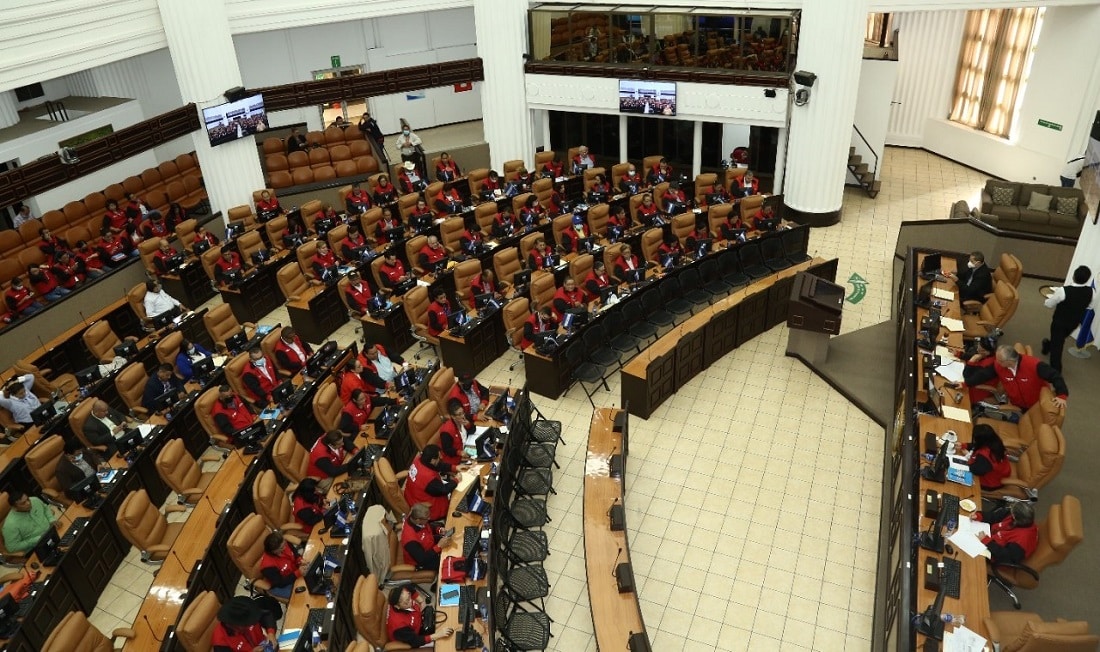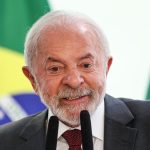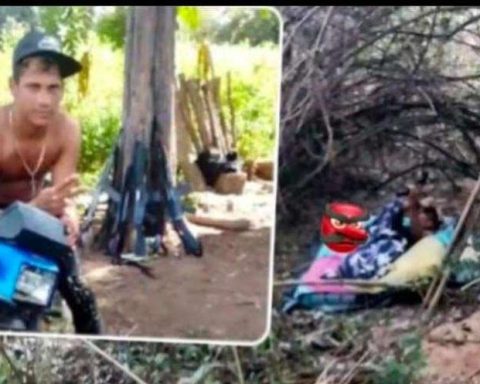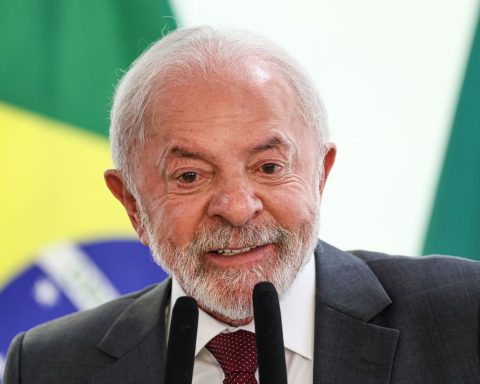The cancellation of hundreds of NGOs in Nicaragua “will have even more devastating consequences on people and groups in a situation of marginalization”, warned a group of United Nations experts, in a letter addressed to the Government of Daniel Ortega and Rosario Murillo.
According to a statement, the UN experts detailed in the letter that marginalized citizens “depend” on the services of NGOs “for their survival; for example, rural and indigenous communities, children and youth, women and asylum seekers.”
The National Assembly, dominated by the Sandinista Front, eliminated 200 organizations this week through two decrees, thereby raised to 1206 NGOs canceled so far in 2022.
With this new round of outlawing, the Ortega regime accumulates 1,280 associations canceled from December 2018 to date.
A monitoring of CONFIDENTIAL shows that the regime has closed environmental, educational, child rights defenders, human rights, women, adolescents, indigenous rights, culture, entrepreneurship, democracy and health NGOs, regardless of the impact this has generated to their beneficiaries .
In mid-July, Brian Nichols, US Under Secretary of State for Western Hemisphere Affairs, warned that Ortega “plans to close 1797 organizations nonprofit, but the actual number could be much higher.” On his Twitter account, the high-ranking official posted that “the regime cares more about remaining in power than about the well-being of its people.”
“Improper use of laws”
The experts indicated that the cancellation of the legal personality of hundreds of associations “represents a clear pattern of repression of civic space”
They added that the limitation of the right to free expression in Nicaragua observed since the political crisis of 2018 has accelerated with the application of the Law on the Regulation of Foreign Agents and the General Law for the Regulation and Control of Non-Profit Organizations (OSFL), which entered into force last May.
The latest law imposes serious obstacles for this type of association and significantly limits external financing.
“We regret to see, again, the misuse of anti-terrorism and anti-money laundering laws to unnecessarily and disproportionately restrict the activities of civil society and fundamental freedoms,” the experts said.
The canceled organizations do not have the right to appeal the decision of Parliament and, in many cases, the former directors have denounced that the Ministry of the Interior (Migob) established obstacles for them to comply with all the requirements mandated by law.
“Deterrent effect” on activists
According to the statement, UN experts expressed concern about the dissuasive effect these closures have on civil society actors. “Hundreds of activists have already fled the country to seek refuge in neighboring states given the risk of reprisals,” they added.
“We urge the State to refrain from decreeing more closures and to immediately revoke these restrictions on associations. A functional, strong, and diverse civic and political space is crucial for any democratic country.
The letter was signed by more than a dozen special rapporteurs of the United Nations Human Rights Councilincluding the UN Special Rapporteur on the rights to freedom of peaceful assembly and association, Clément Nyaletsossi, and the Special Rapporteur on the situation of human rights defenders, Mary Lawlor.
The United Nations clarified that the experts are volunteers; they are not UN staff and do not receive a salary for their work. They are independent from any government and organization and act in their individual capacity.
*With information from Eph.














